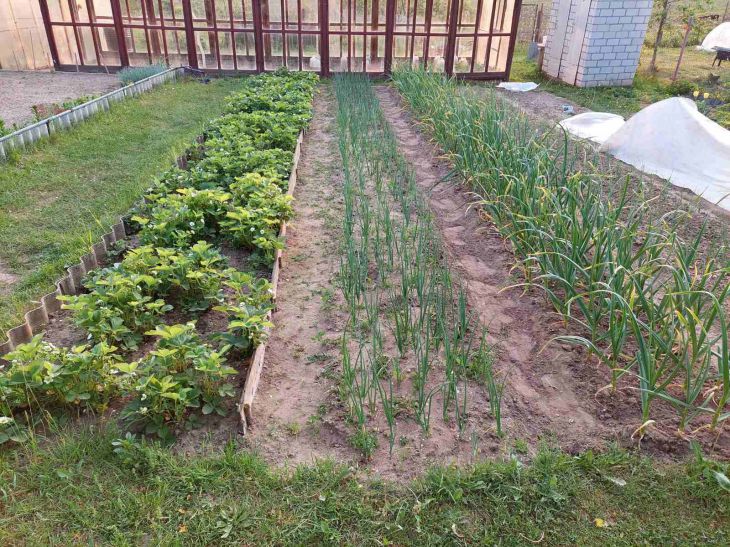Wireworms can seriously damage the root system of plants, which will lead to their death.
In addition, wireworms can carry various infectious diseases.
If you encounter this pest in your garden, do not despair.
There are many effective ways to combat wireworms that will help you get rid of them for a long time, says Anastasia Kovrizhnykh .
Cultural events
One of the most effective ways to combat wireworms is to carry out cultural events.

This includes proper soil cultivation, timely harvesting, removal of weeds and debris, and regular application of organic and mineral fertilizers.
All this helps to create unfavorable conditions for the wireworm and prevent its reproduction.
Biological methods
Biological methods of wireworm control include the use of natural enemies of this pest, such as click beetles, scarab beetles and nematodes.
These beneficial insects feed on wireworm larvae and help to destroy them.
You can purchase these beneficial insects in specialized stores or breed them yourself.
Chemical methods
Chemical methods of controlling wireworms include the use of insecticides that contain active substances that are toxic to this pest.
However, the use of chemicals should be done with caution, as they can harm beneficial insects and the environment.
In addition, chemicals can be dangerous to human health, so they must be used in accordance with the instructions.
Conclusion
Wireworm is a serious problem for gardeners, but it can be solved with effective control methods.
Choose the appropriate wireworm control method based on the characteristics of your garden and the extent of the infestation.
Do not forget about prevention and carry out cultural activities that will help prevent the appearance of wireworms in your garden.
Earlier we talked about spring care for strawberries.









